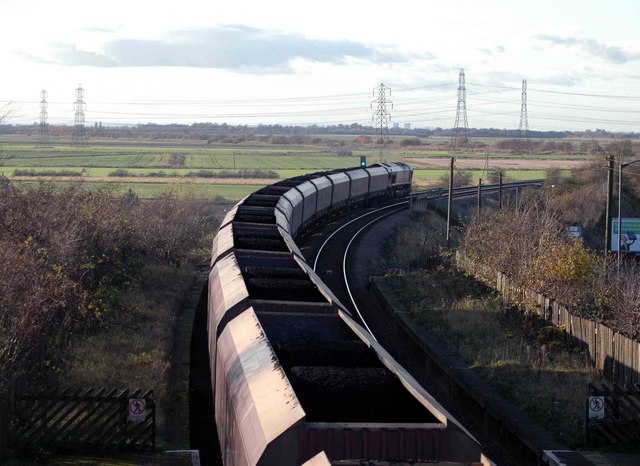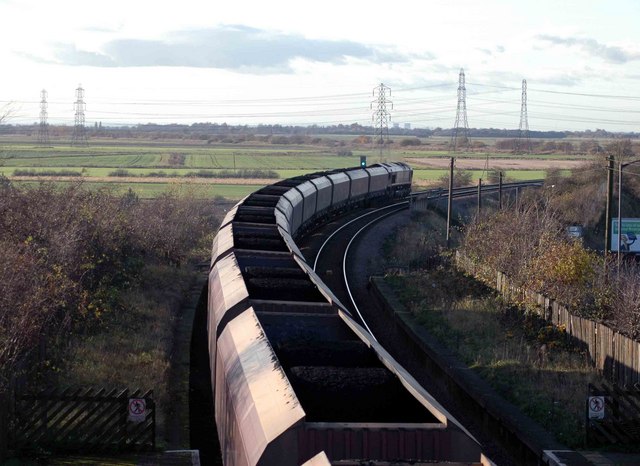
roger geach
As a reminder, in the spring the Australian government called for an investigation into the causes of the COVID-19 pandemic in China, including the Chinese government's possible cover-up of the epidemic at an early stage.
In response to these demands, the Chinese government accused Australia of dumping and imposed increased tariffs on a range of Australian raw materials and goods, from barley and lamb to wine. The Australian government has been protesting against China's de facto sanctions on Australian raw materials for months and last week announced it had filed a formal complaint with the WTO.
"Import restrictions are enough to make a difference in the industry," the FT quoted a director of China Huadian Corporation, a Chinese energy company, as saying, "Many local plants depend on Australian coal, which is very energy efficient. Now they are having trouble finding an alternative."
In early December, Hunan provincial authorities announced that public institutions would reduce electricity consumption to save energy and that street lights in cities would be turned off at night. It is also reported that several high-rise buildings in the provincial capital Changsha have cut power to lifts, leaving office workers to use only stairs to get to their workplaces.
Thermal coal stocks at China's leading commodity port in Qinhuangdao city have fallen to a two-year low, while local coal prices have jumped more than 60 per cent since May, when China entered into a trade confrontation with Australia, according to SunSirs consultancy.
source: ft.com
In response to these demands, the Chinese government accused Australia of dumping and imposed increased tariffs on a range of Australian raw materials and goods, from barley and lamb to wine. The Australian government has been protesting against China's de facto sanctions on Australian raw materials for months and last week announced it had filed a formal complaint with the WTO.
"Import restrictions are enough to make a difference in the industry," the FT quoted a director of China Huadian Corporation, a Chinese energy company, as saying, "Many local plants depend on Australian coal, which is very energy efficient. Now they are having trouble finding an alternative."
In early December, Hunan provincial authorities announced that public institutions would reduce electricity consumption to save energy and that street lights in cities would be turned off at night. It is also reported that several high-rise buildings in the provincial capital Changsha have cut power to lifts, leaving office workers to use only stairs to get to their workplaces.
Thermal coal stocks at China's leading commodity port in Qinhuangdao city have fallen to a two-year low, while local coal prices have jumped more than 60 per cent since May, when China entered into a trade confrontation with Australia, according to SunSirs consultancy.
source: ft.com


















